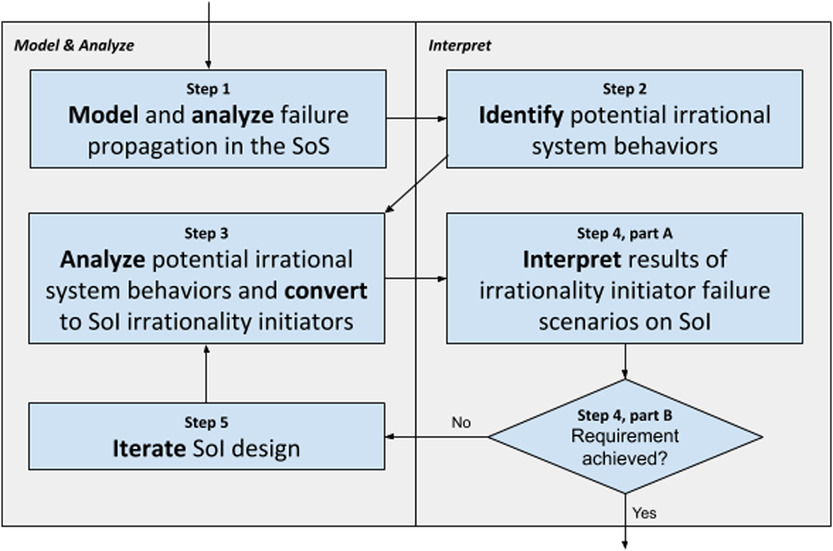List Of Contents
Behavioral economics, a subfield of economics that examines the psychological, social, cognitive, and emotional factors influencing economic decisions, has gained significant attention for challenging traditional economic theories that assume rational behavior. This 1000-word article delves into the realm of behavioral economics, exploring how it sheds light on the often irrational nature of human decision-making and its implications for economic policies and personal danatoto finance.
Introduction
Traditional economic models often assume that individuals make rational decisions to maximize utility. However, behavioral economics, pioneered by scholars like Daniel Kahneman and Amos Tversky, questions this assumption. It explores how people actually make choices, often irrationally, influenced by a variety of non-economic factors.
The Foundations of Behavioral Economics
The Critique of Rational Choice Theory
Behavioral economics arose as a critique of the rational choice theory, which posits that individuals always make logical and consistent decisions that provide them with the highest utility. Behavioral economists argue that individuals are not always rational agents; they are subject to biases and flawed heuristics.
Key Contributors
Daniel Kahneman and Amos Tversky are notable for their work in behavioral economics, particularly their development of prospect theory, which describes how people choose between probabilistic alternatives that involve risk.
Understanding Human Irrationality
Cognitive Biases and Heuristics
Cognitive biases, systematic patterns of deviation from norm or rationality in judgment, play a significant role in behavioral economics. Heuristics, or mental shortcuts that ease the cognitive load of decision-making, often lead to biases. For example, the availability heuristic leads people to overestimate the probability of events that are more readily recalled from memory, regardless of their actual frequency.
The Role of Emotions
Emotions significantly impact decision-making. For instance, fear can cause individuals to make overly cautious decisions, while euphoria can lead to excessively risky behavior.
Key Concepts in Behavioral Economics
Prospect Theory
Prospect theory posits that people value gains and losses differently, leading to inconsistent choices. People are generally loss-averse; they prefer avoiding losses over acquiring equivalent gains.
Anchoring Effect
The anchoring effect is a cognitive bias where individuals rely too heavily on an initial piece of information (the “anchor”) when making decisions. For example, a shopper might perceive a $50 shirt as inexpensive if they first see a $200 jacket.
Nudge Theory
Developed by Richard H. Thaler and Cass R. Sunstein, nudge theory suggests that positive reinforcement and indirect suggestions can influence behavior and decision-making more effectively than direct instruction or enforcement.
Behavioral Economics in Practice
Economic Policies
Behavioral economics has profound implications for economic policy. Policymakers can design better economic models and solutions by understanding how real people behave, as opposed to theoretical rational agents.
Personal Finance
In personal finance, behavioral economics helps explain why people often make irrational financial decisions, such as failing to save for retirement or purchasing items they don’t need.
Marketing and Business Strategy
Businesses use behavioral economics principles to influence consumer behavior. Pricing strategies, product placement, and advertising all tap into cognitive biases and decision-making heuristics.
Behavioral Economics and Public Policy
Government Interventions
Behavioral economics informs government interventions aimed at correcting market failures. For example, to encourage retirement savings, governments use policies like automatic enrollment in pension plans.
Health and Wellness Programs
Understanding behavioral economics can lead to more effective health and wellness programs. For instance, using nudges to encourage healthier eating or regular exercise.
Challenges and Criticisms
Predictive Power and Consistency
One criticism of behavioral economics is the inconsistency and limited predictive power of some of its models, especially when compared to more traditional economic theories.
Ethical Concerns
The application of nudge theory and other behavioral economics principles raises ethical concerns. Some critics argue that it can lead to manipulation and infringe on individual autonomy.
Future Directions of Behavioral Economics
Integrating with Other Disciplines
Behavioral economics is increasingly integrating with other fields, such as psychology, neuroscience, and sociology, to build more comprehensive models of human behavior.
Technological Impact
Advancements in technology, such as big data and artificial intelligence, are providing new tools for understanding and influencing consumer behavior, opening new frontiers for behavioral economics.
Conclusion
Behavioral economics offers a more nuanced understanding of economic decision-making by incorporating psychological, cognitive, and emotional factors. It challenges the notion of human beings as perfectly rational agents, instead painting a picture of human decision-making that is often flawed and irrational. As this field continues to evolve, it holds significant potential for enhancing economic models, shaping effective policies, and guiding individuals towards better decision-making in their personal and financial lives. By acknowledging and understanding the irrational aspects of human behavior, behavioral economics paves the way for more realistic and effective approaches to economics and policy-making.

